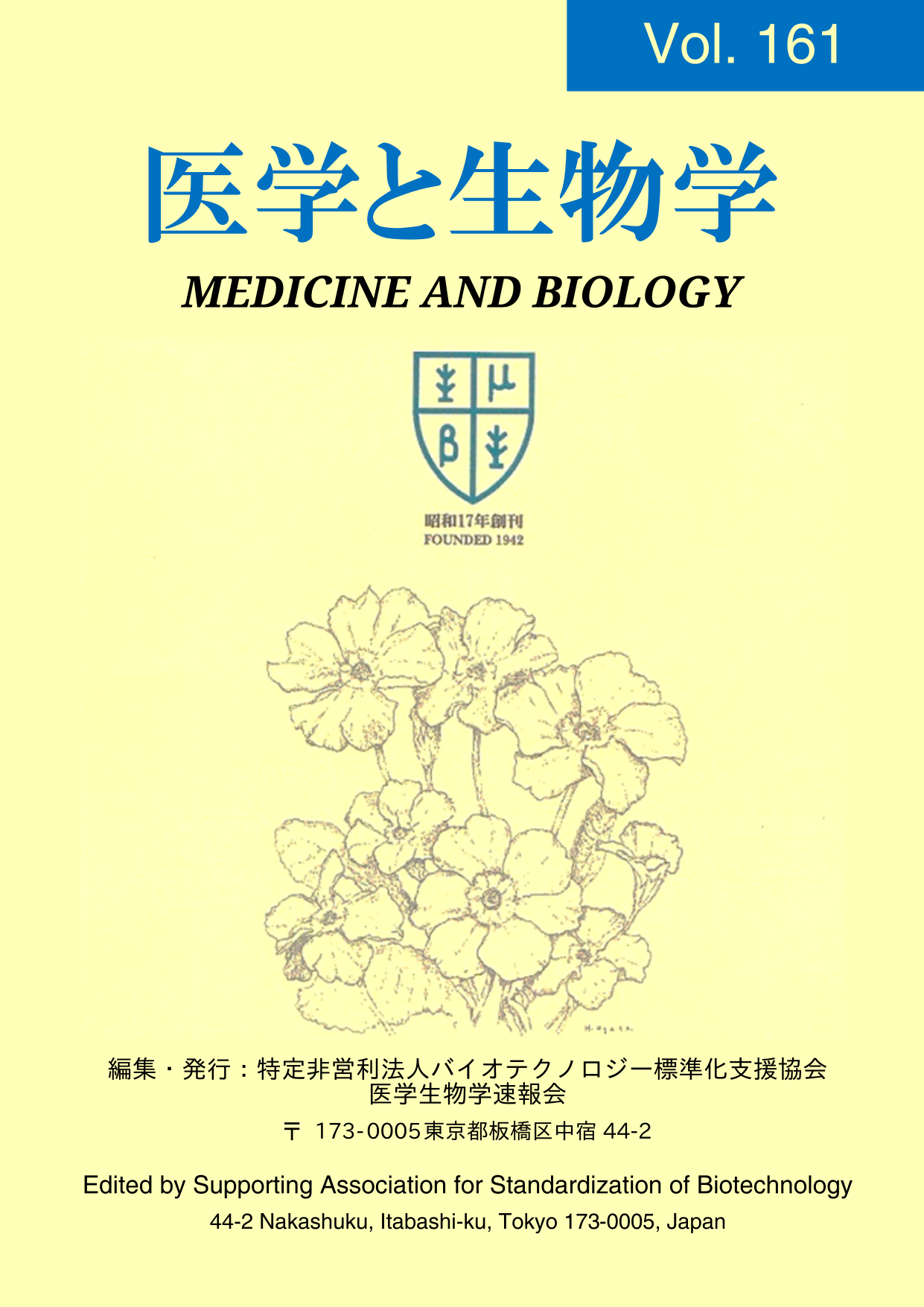Stimulatory Effects of Leucine Metabolite β-Hydroxy-β-Methylbutyrate on Protein Synthesis in Mouse Liver
Analyses by Radioisotope Assay
Keywords:
β-hydroxy-β-methyl butyric acid, radioisotope assay, protein synthesis, hypoproteinemia, sarcopeniaAbstract
β-Hydroxy-β-methyl butyric acid (HMB) is a metabolite of L-leucine (Leu), which is an essential branched amino acid. Leu is reported to promote a stimulatory increase in muscle protein synthesis. Recently, the stimulatory action of HMB was applied in the medical care of pressure ulcers and sarcopenia. Despite these new applications, the physiological functions of HMB in the liver, particularly protein synthesis, remain unknown.
In this study, we investigated the effects of HMB on protein synthesis in the liver using a radioisotope assay of [³H]Leu. The radioactivity in the trichloroacetic acid (TCA)-insoluble fraction containing the protein from the liver incubated with HMB was increased in a dose-dependent manner. The stimulatory effect of HMB was reduced by the coexistence of rapamycin (Rap), which inhibits the translational step in protein synthesis. Furthermore, the enhancing action of HMB on the uptake of [³H]Leu into the liver protein was significantly suppressed with cycloheximide (CHX), which inhibits a translational step different from Rap in protein synthesis.
These results show that HMB promotes protein synthesis in the muscle and liver. The action by HMB involves the activation of translation processes sensitive to Rap and CHX. In addition, HMB may be useful in the treatment of hypoproteinemia owing to a decrease in the ability of liver protein synthesis.


